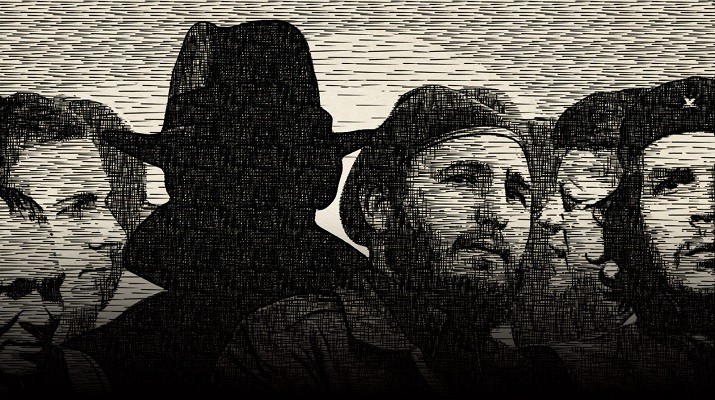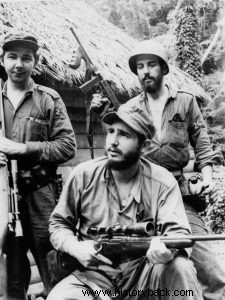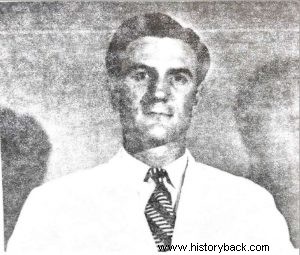
Declassified CIA documents shed light on 20th century history, but also on US policy regarding the Cuban Missile Crisis, and the approach of Fidel Castro and Ernesto Che Guevara. According to "USA Today", the spy Ross Lester Crozier, who died in 2000, played a decisive role in the development of historical events in the Cold War period.
In particular, CIA documents state that Ross Lester Crozier spoke with Fidel Castro and Ernesto Che Guevara when he was an undercover agent in Cuba in the 1950s. The level of trust between the American spy and the Cuban revolutionaries was highlighted by Ross Lester Crozier's visit to a secret jungle camp where Fidel Castro was hiding while organizing the overthrow of US-backed dictator Batista in 1958.
Ross Lester Crozier spent almost two weeks in Fidel Castro's jungle hideout. While there, Ross Lester Crozier proposed to Fidel Castro that he provide him with an American helicopter with an American pilot. Thus, Ross Lester Crozier would give the CIA the opportunity to "infiltrate" Fidel Castro's inner circle." But there is no reaction from the American service.
Ross Lester Crozier was - also - the official liaison to a CIA-sponsored group of Cuban dissidents who opposed both Fidel Castro and Che Guevara. Through his contacts he learned that the Soviet Union had installed missiles in Cuba and they were capable of hitting the US. So, he passed this particular information to Washington.
Ross Lester Crozier was in Cuba from 1954 to 1958. He served in World War II as an Intelligence and Air Operations specialist in the China-Burma area and in Panama before working for the newly formed CIA in 1948. He left the service in 1963. After his CIA career ended, Ross Lester Crozier got a job as a postal inspector in Washington, using a fake resume from his previous employer.
Declassified documents show that, during his service, Ross Lester Crozier crossed paths with spies who would later be arrested in the famous 1972 break-in of Democratic offices in Washington's Watergate complex that led to Nixon's resignation in 1974.


